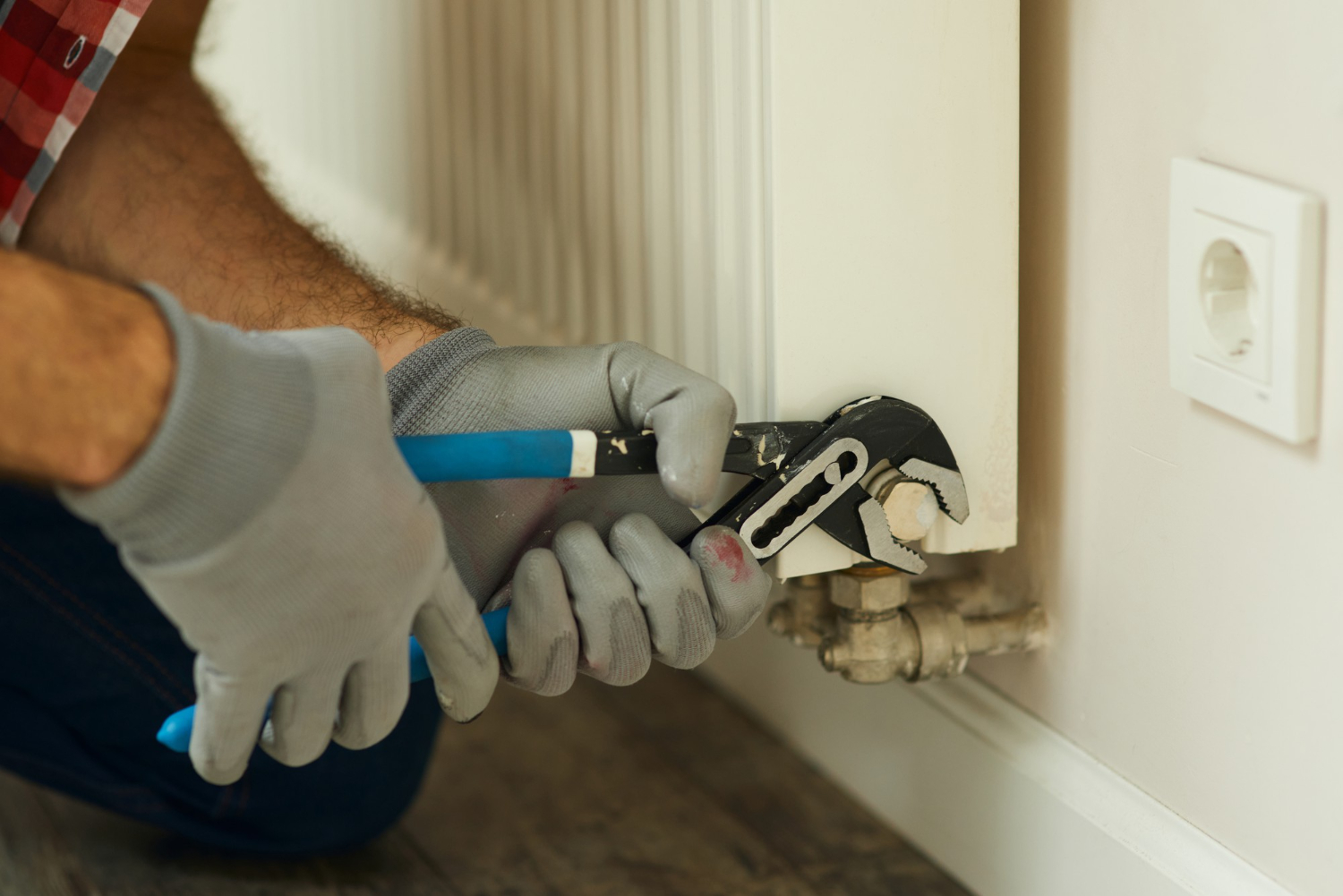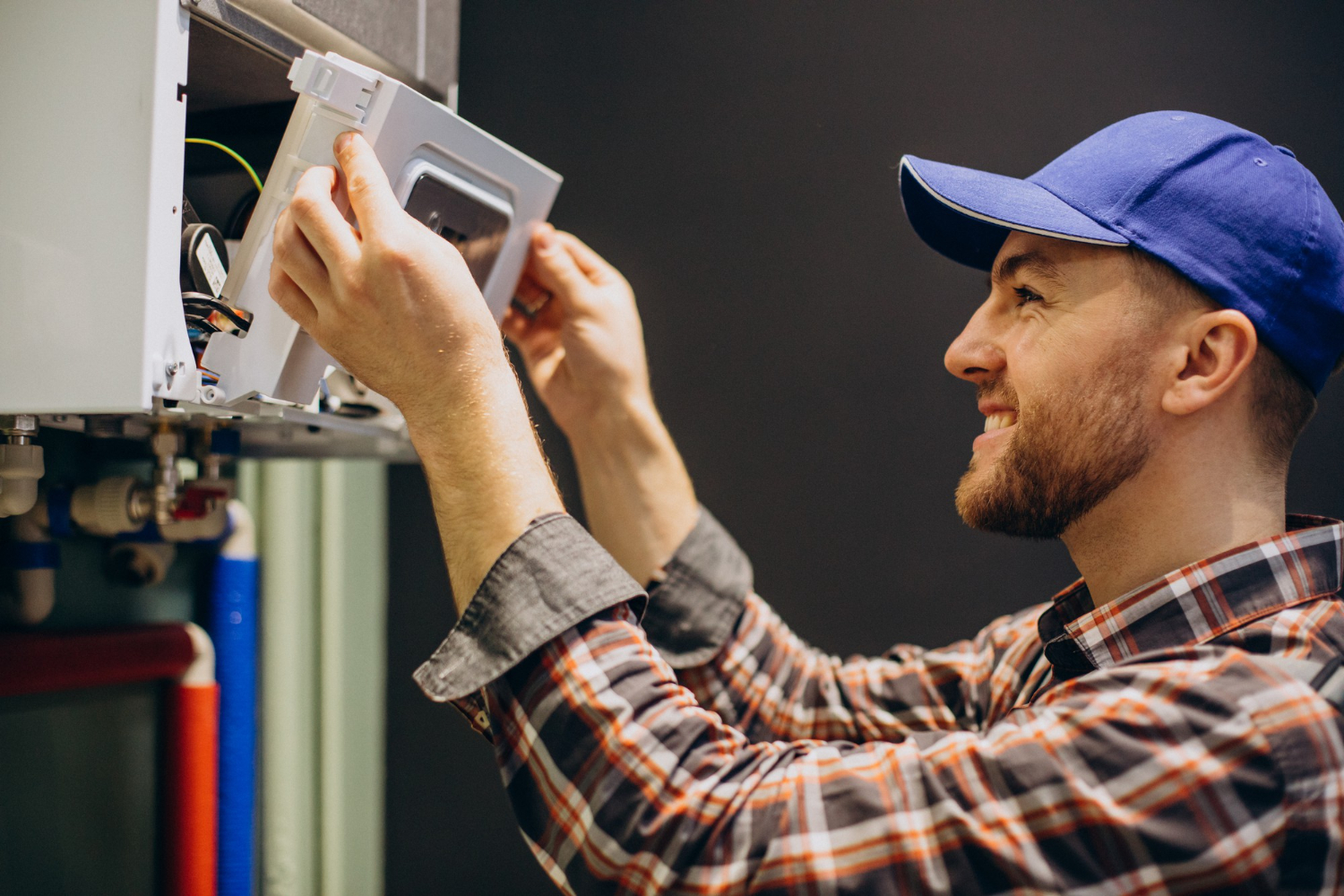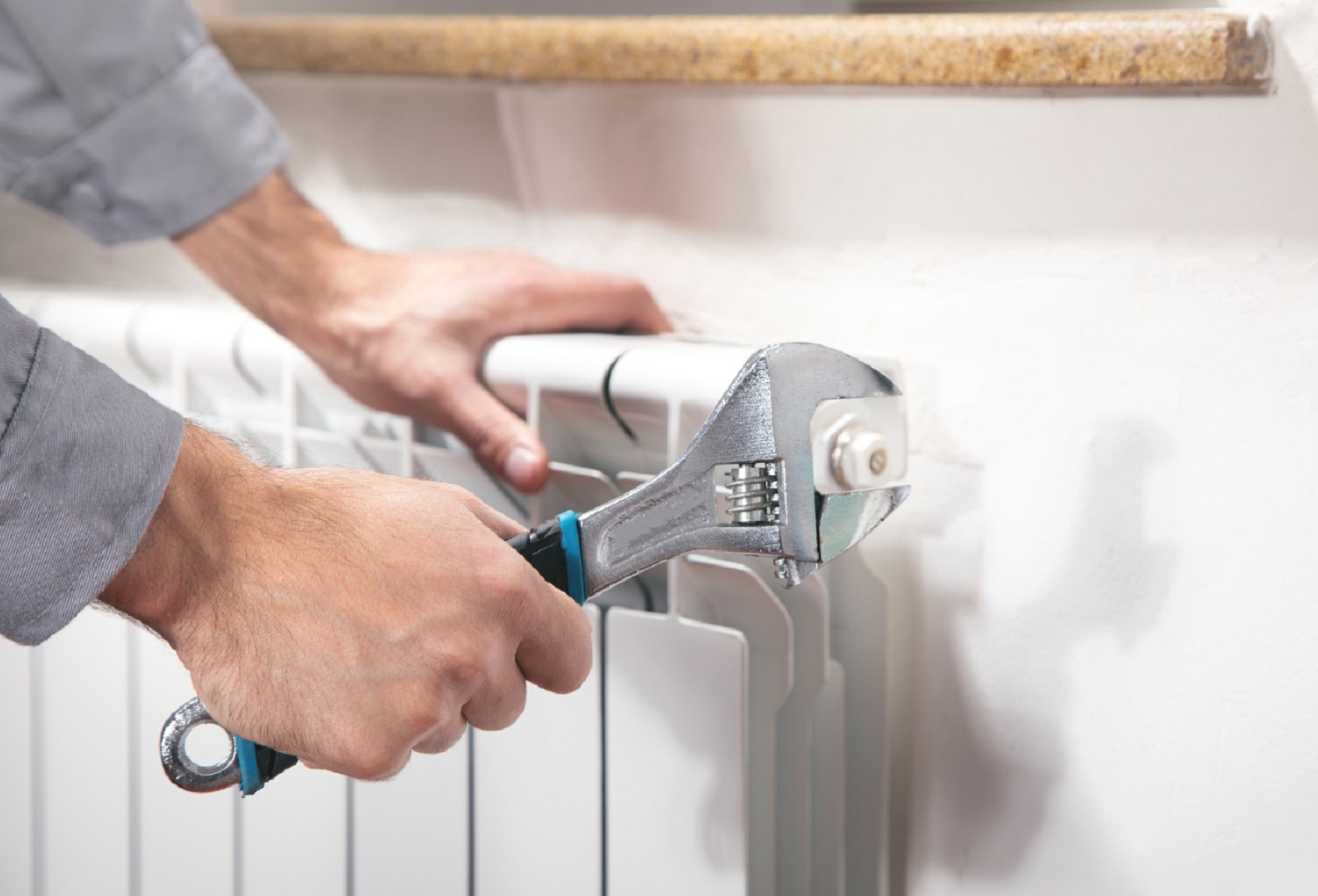Deciding between heating repair and replacement can be challenging. Understanding when to repair and when to replace your heating system is crucial for maintaining comfort and efficiency in your home. With time, all heating systems experience wear and tear, leading to a decrease in performance. This makes it essential to know the key factors that should influence your decision.
Assessing the Age of Your Heating System
Lifespan Expectations for Different Systems
Different heating systems have varying lifespans. Typically, furnaces can last between 15 to 20 years, while heat pumps and boilers might serve you for about 10 to 15 years. However, these numbers depend on factors such as usage, maintenance, and the overall quality of the unit. Regular heating service can help you achieve the maximum possible lifespan for your system, but even with the best care, no system lasts forever.
As your heating system approaches the end of its lifespan, it may start to require more frequent repairs. Our professionals can help you determine whether your system is nearing the end of its useful life and advise you on the most cost-effective course of action.
Signs That Age May Warrant Replacement Over Repair
Several signs indicate that age may warrant a replacement over a repair. For instance, if you notice your system is breaking down more often or if the repairs are becoming increasingly expensive, these could be red flags. Increased energy bills without a corresponding rise in usage also signal that your system might be working harder than it should, suggesting inefficiency often linked to an aging system.
Other symptoms include uneven heating, unusual noises, and a decline in overall performance. When these signs become persistent, replacing your heating system might be a more practical solution compared to frequent repairs. Our technicians can help you evaluate these factors to make an informed decision.
Cost Analysis: Repair vs Replacement
Comparing Repair Costs Against Replacement Costs
When deciding between heating repair and replacement, comparing the costs is essential. Repairs might involve costs for parts and labor, and while a single repair might seem affordable, frequent repairs can add up over time. On the other hand, a new heating system involves a more substantial upfront investment but can save you money in the long run due to improved efficiency and fewer breakdowns.
Our professionals can provide you with detailed quotes for both repair and replacement options, helping you understand the immediate and long-term implications of each choice.
Long-Term Financial Implications of Each Option
Considering the long-term financial implications involves looking at the total cost of ownership for both options. For repairs, you must factor in the ongoing cost of maintaining an older system, which might require more frequent service and parts replacements. Additionally, an aging system may be less efficient, leading to higher energy bills.
Conversely, although a new heating system has a higher initial cost, it typically offers significant energy savings, reduced maintenance costs, and peace of mind. Older systems are also more prone to failures that could require emergency services, further increasing costs.
Balancing the upfront costs with long-term savings and reliability will help you determine whether heating repair or replacement is the best financial decision for your situation. Our technicians can help you evaluate these factors and guide you in making an informed choice.
Evaluating System Performance and Efficiency
Impact of Frequent Repairs on System Performance
Frequent repairs can significantly impact the overall performance of your heating system. Constantly fixing different components can lead to inconsistent heating throughout your home. Even if each repair resolves a specific issue, the underlying inefficiencies of an aging system can result in poor performance. Regular breakdowns also cause discomfort and inconvenience, disrupting the consistent warmth and comfort that a well-functioning heating system should provide.
When a system frequently breaks down, it often operates below optimal efficiency. This reduced efficiency can lead to increased energy use and higher utility bills. Our professionals can assess whether the cumulative impact of these repairs is affecting your system’s overall performance and suggest if a replacement might be a better option.
Benefits of Newer, More Efficient Systems
Newer heating systems offer many advantages over older, repaired units. Modern systems are designed for higher efficiency, incorporating the latest technology to ensure effective heating. These systems often come with improved energy efficiency ratings, meaning they use less fuel or electricity to provide the same, if not better, heating performance.
Additionally, new systems often come with enhanced features, such as programmable thermostats and integrated control systems, which can further improve energy efficiency and user convenience. Our technicians can guide you in choosing a new system that best fits your home’s heating needs and helps you achieve significant energy savings.
Safety and Reliability Concerns
Potential Safety Risks of an Older System
An older heating system may pose several safety risks that make replacement a safer option compared to continuous repairs. Components wear out over time, which can lead to potential hazards such as gas leaks, carbon monoxide emissions, or electrical problems. These risks can jeopardize the safety of your home and its occupants.
Regular heating service can mitigate some risks, but an aging system might still have underlying issues that repairs cannot fully address. Our technicians are trained to spot these potential hazards and can provide you with a comprehensive safety assessment of your current system.
Ensuring Consistent and Reliable Heating
Ensuring consistent and reliable heating is essential for maintaining a comfortable living environment. An older system with frequent breakdowns fails to deliver the reliability needed, leading to unpredictable heating and possible cold spots in your home. This inconsistency can be especially troublesome during colder months.
A new heating system offers reliability and peace of mind. Modern units are designed for long-term performance, requiring fewer repairs and delivering steady heating throughout their lifespan. By investing in a replacement, you can ensure that your home remains warm and comfortable without the constant worry of unexpected breakdowns.
Conclusion
Deciding between heating repair and replacement involves careful consideration of multiple factors. Assessing the age of your system can help identify when continuous repairs are no longer practical, and examining the costs associated with repairs versus replacement can clarify the financial implications. Evaluating your system’s performance and efficiency provides insight into the benefits of upgrading to a newer unit. Additionally, considering safety and reliability can reveal potential risks that might necessitate a replacement.
Investing in a new heating system may seem daunting initially, but it offers long-term benefits in terms of efficiency, safety, and comfort. Our professionals at The Coolest Air are here to provide expert guidance and professional service, helping you make the best decision for your heating needs.
For comprehensive heating repair in Harker Heights, as well as replacement and service, trust The Coolest Air. Contact us today to schedule an appointment and ensure your home stays comfortable all year round.





